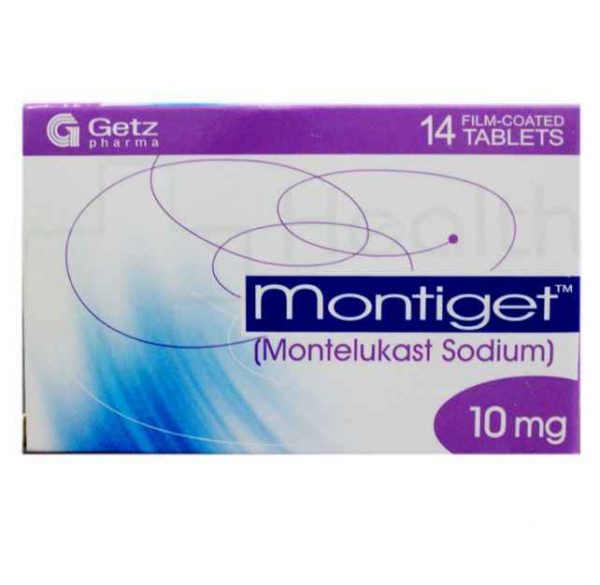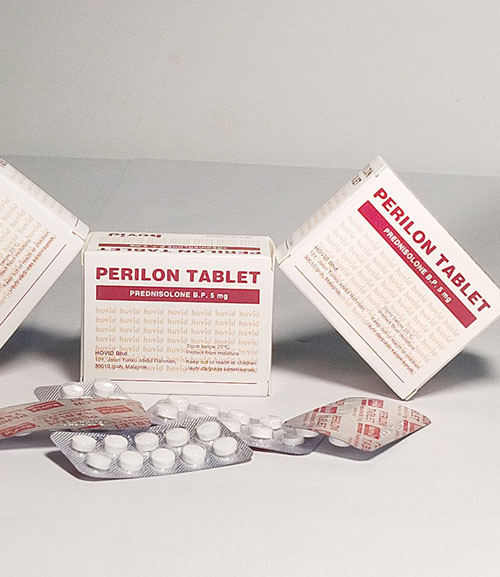Overview
Asthma is a condition affecting the lungs that makes it hard to breathe.
Asthma usually starts in childhood or early adulthood, and for most people it is lifelong (chronic). Some people grow out of the condition, while others may develop it as they get older. Asthma tends to run in families, along with allergies and eczema.
If you have asthma, the breathing tubes in your lungs (your airways) are extra sensitive to things in the environment. This results in your airways becoming swollen (or inflamed) and tight, and they often have extra mucus. Because of this, the lungs are not able to get air in and out very easily. When this happens suddenly and severely, it’s called an asthma attack.
Everyone’s asthma is different. If you have asthma, you’ll know — or you’ll soon learn — what is normal for you, what triggers your symptoms, and what works best to treat them so you can live a healthy life.
Causes
Asthma is caused by complex interactions between:
- Your genetics: genes that are passed on from your parents
- Your immune system: your defense system against outside threats, such as germs
- Your environment: such as exposure to pollutants, irritants, viruses, and allergens (substances, like pollen, that cause allergies in certain people)
In other words, asthma is caused by a combination of your genetics, how you react to your environment, and the actual environment that you live in both now and in the past.
Certain risk factors make you more likely to have asthma in the first place, for example:
- A parent or sibling with asthma, allergies, hay fever (allergic rhinitis), or eczema
- Having overweight or obesity
- Smoking, or past exposure to passive smoking
- Highly polluted environments, or exposure to irritants in the workplace
Triggers are substances in the environment that can make symptoms worse if you have asthma. Triggers won’t be the same for everyone, but can include:
- Pollen
- Dust mites
- Pet dander
- Chest infections, such as the common cold
- Exercise
- Cold air
- Air pollutants, such as smoke
- Some medications
- Stress
Symptoms
Asthma symptoms are often worse at night or first thing in the morning. They are usually worsened by certain triggers, but they completely go away at other times. The most common symptoms of asthma are:
- Breathlessness
- Wheezing (noisy breathing)
- Chest tightness
- Cough
Asthma symptoms can be intermittent, or persistent. For people with persistent asthma, symptoms can be mild, moderate, or severe. The severity of a person’s asthma determines which treatment plan is best for them.
Symptoms can be predictable, but they can also come on suddenly. An asthma attack is when the airways in the lungs suddenly become tight and swollen. Although rare, asthma attacks can sometimes be deadly.
The medical community doesn’t yet fully understand why some people get mild asthma whereas others get a more severe version of the disease.
Treatment
Diagnosis
If you think you have asthma, the first step is to get tested.
This involves a visit to your healthcare provider. Most likely, they will ask you about your:
- Symptoms
- Medical history
- Smoking history
- Work history
You’ll get a physical examination, and you’ll need to have some breathing tests to see how your lungs are working. Some breathing tests can be done right there in the office. For others, you’ll have to get them done in a specialized lab. You may also need a lung X-ray.
If your provider thinks allergies might be making your asthma worse, they might also suggest allergy testing. This can include skin or blood tests.
Breathlessness, wheezing, and a cough can also be symptoms of a different condition called chronic obstructive pulmonary disease (COPD). A specialist physician can help figure out what is causing your symptoms.
Medications
Asthma is treated with different types of medicines, such as:
- Inhalers
- Nebulizers
- Liquids
- Pills
Your provider will prescribe medicine on the basis of how often you have symptoms and how serious your symptoms are.
Inhalers are by far the most common treatment for asthma. These are medications that are inhaled through the mouth straight into the lungs. They come in all shapes and sizes, but the most important difference is the medicine inside them.
Inhaled corticosteroids (ICSs), such as budesonide (Pulmicort) or beclomethasone (Qvar), reduce airway inflammation and keep the airways calm. The dose you take will depend on how severe your asthma is.
Inhaled bronchodilators relax the muscles around the airways to open them up and allow more air to pass through. These can be short-acting beta agonists (SABA), such as albuterol (Proair, Ventolin, Proventil) or long-acting beta agonists (LABA).
Combination inhalers contain inhaled corticosteroids plus one or two LABAs. One example is budesonide/formoterol (Symbicort). Combination inhalers come in different doses: The LA bronchodilator dose is always the same, but the ICS dose can vary depending on how severe your asthma symptoms are.
Some asthma medications work quickly and are useful when you need to quickly stop your symptoms. These are called rescue, or reliever, inhalers. Other asthma medications work more slowly to keep asthma symptoms controlled long-term. These are called preventive, controller, or maintenance inhalers. They are usually taken once or twice per day, every day, even when you’re feeling well.
The 2020 guidelines from the Global Initiative for Asthma recommend that anyone with asthma be prescribed an ICS. This is usually given in combination with a LABA, but it can also be given alone, too.
Everyone with a diagnosis of asthma should also have a SABA for quick relief of asthma symptoms. Most people use these once or twice per week, or less. When your asthma symptoms worsen, you might need more doses.
Knowing which medication to take when, and how to take it properly, is key. It may sound simple, but it isn’t always easy. Your provider, asthma nurse, or pharmacist can help. There are also great videos online on how to use different inhalers and spacer devices, and much more.
Action plan
Most people with asthma need an action plan. This is a written, personalized plan for what to do when your asthma symptoms worsen. It has a list of step-by-step instructions for how to best treat your symptoms, depending on how severe they are. It also tells you when you need to call your provider or get emergency help.
The plan helps you manage asthma symptoms when they start to worsen. Hopefully, it will also help prevent them from getting worse or turning into a full-blown attack.
As part of your action plan, you might need to use a device called a peak flow meter. This measures how powerful your exhale is and helps to objectively monitor how severe your asthma currently is. Most people with asthma know what their normal peak flow reading is. It’s also a good idea to know your own personal “best ever” and “worst ever” values.
Prevention
The single best thing you can do to prevent asthma symptoms and keep them from worsening is to avoid smoking and places where people smoke. If you smoke, get help to quit. You will have fewer flares and fewer chest infections, and your asthma medications will work better.
Avoiding certain triggers and irritants that make your asthma worse will also help prevent symptoms of asthma. Remember that individual triggers are different for each person.
Get a flu shot every year. Some people also need a vaccine to protect against some types of pneumonia. The exact schedule for this will depend on your age.
Be careful about the medications you take. Some people experience worsening asthma symptoms when they take:
- Beta blockers
- Aspirin
- Ibuprofen (Advil, Motrin IB)
- Naproxen (Aleve, Naprosyn)
Medications & Collections
These drugs are vital for controlling and improving the health of individuals with this condition. They include both preventive and symptomatic treatments.

Montelukast 4mg
₦3,500

Montiget 10mg
₦0

Montiget 4mg
₦4,300

Montelukast 10mg
₦4,400

Perilone 5mg x1
₦700

Ventolin Evohaler
₦15,000
